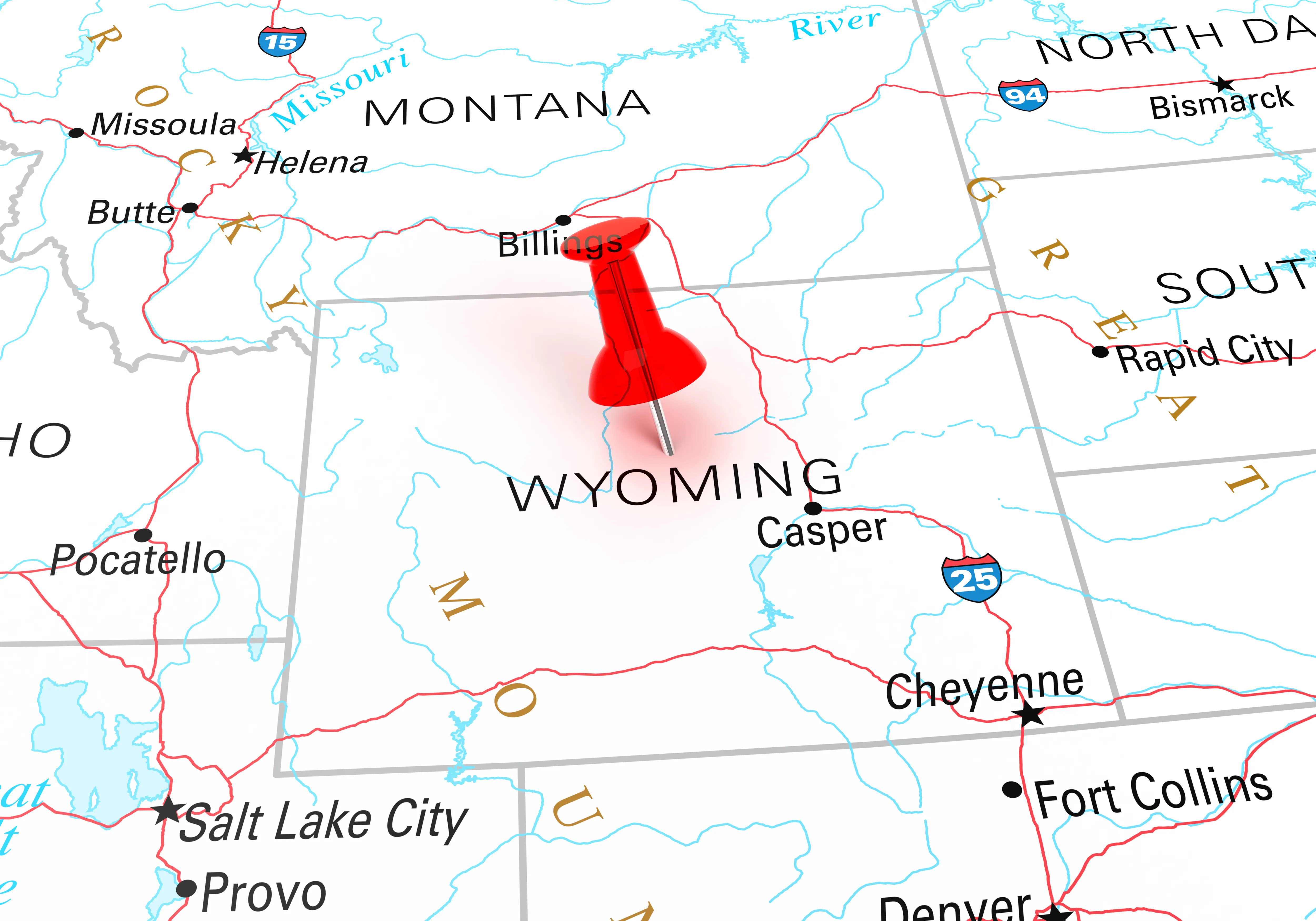
Wyoming lawmakers consider expanding health coverage for 19,000 workers
(Wyoming News Service) A bill that would expand Medicaid coverage for some 19,000 Wyoming workers who earn too much to qualify for standard Medicaid, but can't afford private insurance, is making its way through the state Legislature.
Ana Marchese - director for the group Healthy Wyoming - said expansion would bring millions of federal tax dollars back to the state, and would largely help women working at jobs that pay low wages and offer no health benefits, including restaurant, construction, agriculture and retail.
"In Wyoming, more than half of those covered by Medicaid expansion would be low-income women," said Marchese. "Wyoming has one of the highest uninsured rates for women of childbearing age. This has big consequences for the health of mothers and infants."
Wyoming is one of just 11 states that have not expanded Medicaid coverage. The most recent American Cancer Society poll found that nearly two-thirds of Wyoming voters across the political spectrum support expansion, including 66% of Republicans.
Critics have long warned about the potential costs, and some lawmakers are leery of entering into a deal with the federal government.
House Bill 80 cleared the Joint Revenue Interim committee, but has not yet been scheduled for a hearing.
Expansion has been a lifeline for rural hospitals, according to a Families USA report, lowering the likelihood of closure by 62 percent - largely by reducing losses when people without insurance can't pay.
Wyoming hospitals spend $120 million a year in uncompensated care.
Marchese pointed to hospitals in Kemmerer and Rawlins that recently closed labor and delivery services due to financial struggles.
"After Montana expanded Medicaid, uncompensated care went from $143 million to $89 million in 2019," said Marchese. "And that's a big deal, that keeps hospitals open."
Marchese said expanding coverage will also boost Wyoming's economy.
People with insurance tend to be healthier, more productive workers with fewer sick days. Insurance also gives workers access to less costly preventive care.
"When people lack coverage they often seek treatment at the emergency room, which comes with a hefty price tag," said Marchese. "Having health insurance, and being able to take care of your own physical and mental health, has a positive impact on your ability to work."

















